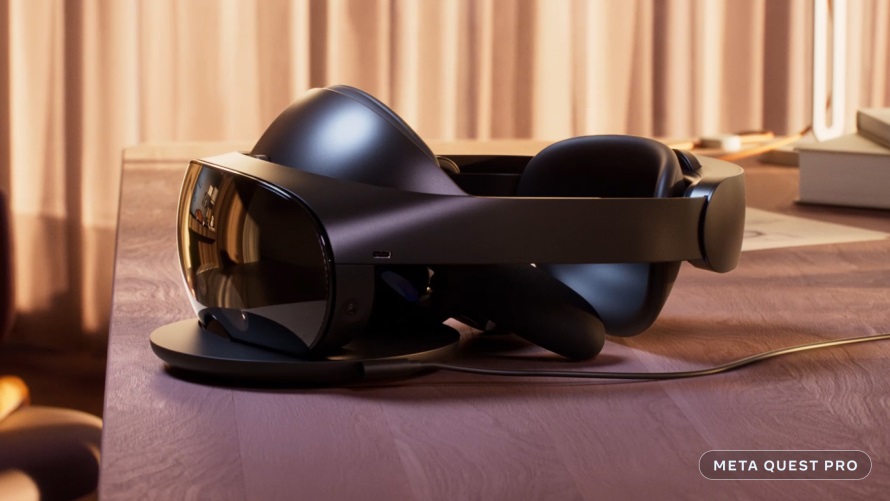Mark Zuckerberg’s huge financial gamble on the metaverse may continue to face challenges in the upcoming year.
This is after data shared with CNBC by research firm NPD Group showed that sales of VR headsets in the US this year declined 2 percent, from a year earlier, to $1.1 billion as of early December.
It should be remembered that Mark Zuckerberg and Meta had introduced its metaverse vision in July 2021, which refers to the use of VR technology to create a semi-autonomous virtual world that’s interconnected with physical reality.

Metaverse spending
Since that time Meta has spent billions of dollars development the metaverse, but so far it has not helped finances at the social networking giant.
Indeed, Zuckerberg is facing real pressure to reduce Meta’s heavy spending on the aetaverse, after investor pushback.
Meta shareholder Altimeter Capital Management in an open letter in October urged Meta to streamline operations by cutting jobs.
Altimeter also urged Zuckerberg to reduce capital expenditure, and warned him that Meta had lost investor confidence with its increased spending and its focus on relatively little-used metaverse technology.
Then last month Meta expanded upon its hiring freeze implemented in September, when Mark Zuckerberg confirmed reports of large-scale job losses at Meta.
Zuckerberg confirmed that Meta would reduce its workforce “by about 13 percent and let more than 11,000 of our talented employees go.”
Zuckerberg is therefore facing a tough time ahead, as Facebook’s ad business is mired in a slump, and he had been banking on VR devices and related technology to pull Meta into the future.
VR headset shipments
But CNBC also pointed to data from analyst firm CCS Insight that reveals that worldwide shipments of VR headsets, as well as augmented reality devices, dropped more than 12 percent year over year to 9.6 million in 2022.
This figure, coupled with the NPD Group data, presents a problematic picture for Meta, whose stock price has lost about two-thirds of its value this year, CNBC noted.
To be fair Zuckerberg has said he is playing the long game with the metaverse, expecting it take up to a decade to go mainstream and projecting it will eventually host hundreds of billions of dollars in commerce.
Meta’s Quest 2 headset, released in 2020, is the leader in the VR market, and in October Zuckerberg revealed Meta’s virtual and mixed reality headset, dubbed the Meta Quest Pro.

The new headset is being described as a step up from the existing $399 Oculus Quest 2 headset, sales of which reportedly dropped in 2022, a decline that can be attributed to the device’s big year in 2021, Ben Arnold, NPD’s consumer electronics analyst, told CNBC.
“VR had an amazing holiday in 2021,” Arnold said, referring to various promotions that helped boost sales of the devices at a time when gaming consoles like Sony’s PlayStation 5 were in short supply. “It was a great time last year to get one of these products, and VR totally crushed it.”
VR headset revenue in the U.S. doubled in 2021 from about $530 million in 2020, according to NPD.
Apple arrival
Of course, the VR market and indeed Meta’s metaverse could potentially be impacted by the long-awaited arrival of Apple’s augmented reality headset, which is reportedly nearing completion.
However it should be remembered that Apple’s headset was also expected to be launched in 2021, and then again in 2022, but an actual launch has yet to materialise.
And 2023 is expected to be another “slow year” for the VR market, after CCS Insight pointed to a weak economy and inflation.
Gebbie told CNBC “consumer budgets will be tightening,” and “non-essential purchases like VR headsets are likely to be the casualty of this.”




